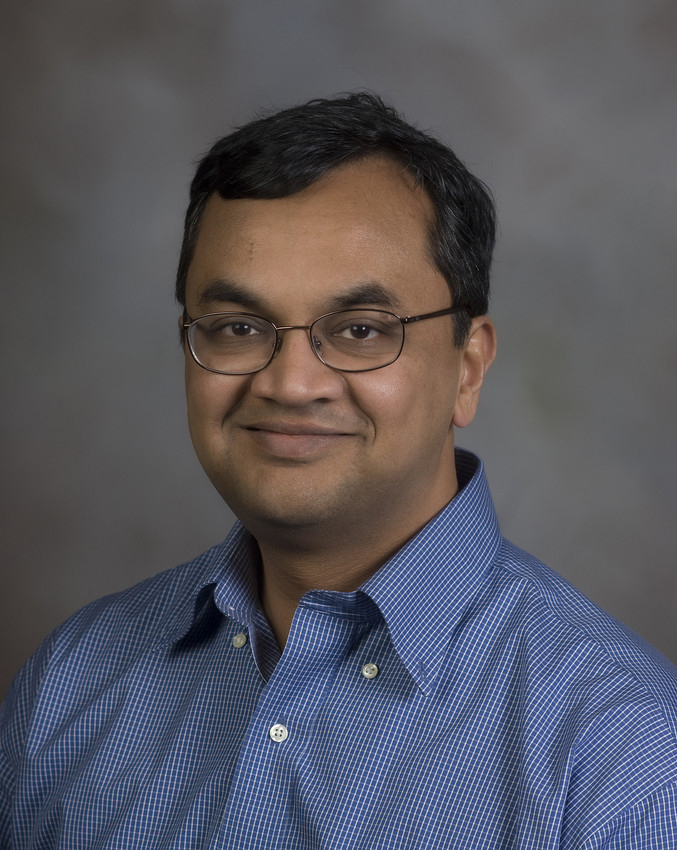T.M. Murali named ACM Distinguished Scientist

T. M. Murali, associate professor of computer science in the College of Engineering at Virginia Tech, has received the title of ACM Distinguished Scientist, awarded to members who have achieved significant accomplishments or who have made a significant impact on the computing field.
As a teacher and a researcher, one of his major research and educational efforts seeks to build a synthesis between the fields of computer science, tissue engineering, and systems biology. Murali develops novel computational methods for directing experimental biology with applications to bioengineered tissues, detecting cellular pathways perturbed in diseases, predicting the function of uncharacterized genes, and understanding pathogen infection of host cells at the protein level.
"Dr. Murali's achievements throughout his career are indeed noteworthy, and the interdisciplinary nature of his work has led to great advances in many arenas, including computational biology, data mining, and computational geometry," said Barbara Ryder, the J. Byron Maupin Professor and department head of computer science.
Murali co-directs the Virginia Tech Institute of Critical Technology and Applied Science Center for Systems Biology of Engineered Tissues and is the associate director of the Computational Tissue Engineering interdisciplinary graduate education program.
In 2012, his group received the Best Paper Award at the ACM Conference on Bioinformatics, Computational Biology, and Biomedicine. Their article "Reverse Engineering Molecular Hypergraphs" was on a new approach to study molecular networks.
In 2011, Murali was one of three Virginia Tech professors to receive a National Institutes of Health $2.3 million award to develop new systems biology approaches to study cells, one of the most basic units of life. Murali was the principal investigator and worked with John Tyson, University Distinguished Professor of Biology and Jean Peccoud of the Virginia Bioinformatics Institute.
Also in 2011, Murali was a member of another three-member research team that received $1.12 million from the National Science Foundation to develop innovative and integrated computational-experimental solutions to study inter-cellular signaling used in systems biology. Working with him on this grant are Padma Rajagopalan of chemical engineering and Rich Helm of biochemistry.
The computer scientist is also a core faculty member in the Virginia Tech-Wake Forest School of Biomedical Engineering and Sciences and the Genetics, Bioinformatics, and Computational Biology interdisciplinary doctoral program.
He received his bachelor's degree from the Indian Institute of Technology, Madras, and a master's degree and Ph.D. from Brown University.




